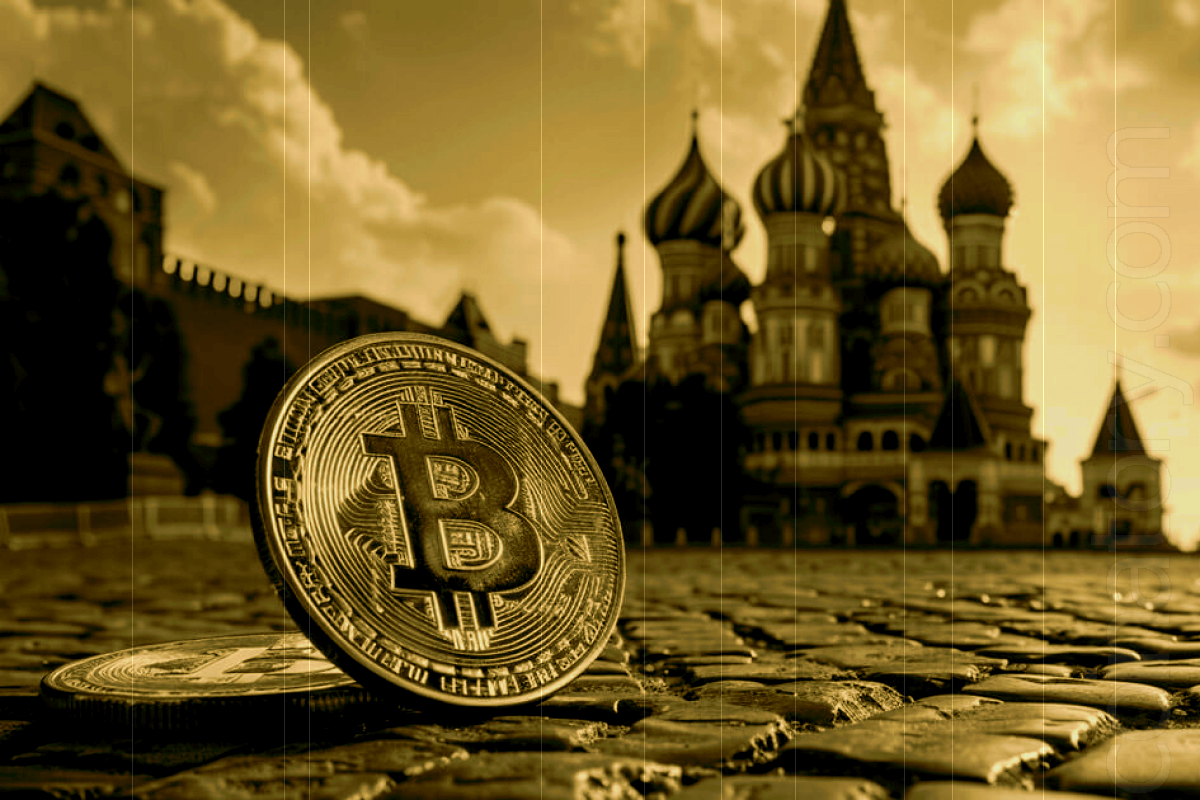
In a historic decision, a Russian court sentenced a Yakutia man to seven years in a high-security facility for using cryptocurrency transactions to finance the Ukrainian Armed Forces (AFU). The 1988-born worker of a diamond mining firm was accused of high treason under Article 275 of the Russian Criminal Code. The case is the first time cryptocurrency has been used to fund an opposition military group in Russia, according to the Federal Security Service (FSB).
The unnamed individual got involved through a social networking group that linked him to AFU members, according to Russian media site Izvestia. Instructions on how to move money to a specific bitcoin wallet were sent to him, purportedly in support of the Ukrainian military, which Russia considers a “terrorist organization.”
Given that Ukraine is still using decentralized finance (DeFi) networks to support war efforts, this conviction highlights Russia’s larger crackdown on financial activity deemed to jeopardize its national security. Donations of cryptocurrencies have increased in Kyiv after Russia invaded Ukraine in 2022. Decentralized transactions in support of Ukraine reached over $10 million by October 2024, a 362% increase over prior periods.
Ukraine is set to legalize cryptocurrencies by 2025 in the midst of this digital financial boom. Nevertheless, its proposed law will categorize cryptocurrencies as securities, guaranteeing that they will continue to be taxable when converted to fiat money. The Ukrainian government is working with international specialists, including as the IMF, to improve its regulatory structure in an effort to reduce the possibility of misuse.
Tensions over the geopolitical ramifications of cryptocurrency have increased concurrently. Ukraine has advocated for limiting Russia’s ability to evade sanctions by using digital assets like Bitcoin. In 2024, Russian Finance Minister Anton Siluanov affirmed that cryptocurrencies have emerged as a crucial means of evading Western economic regulations.
This case raises important issues regarding the changing role of cryptocurrencies in geopolitics and emphasizes the growing relationship between digital finance and international conflict.







